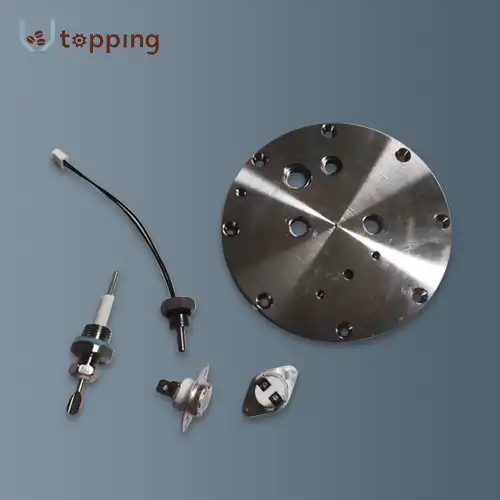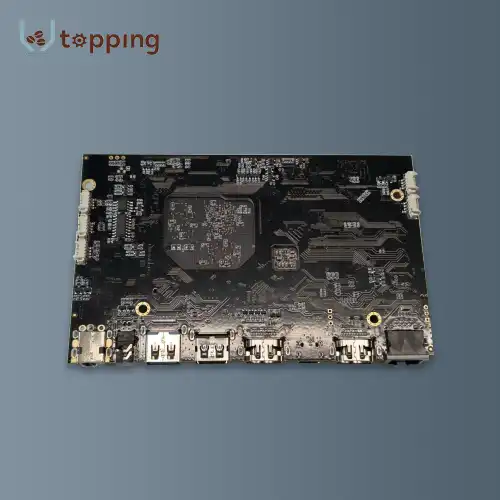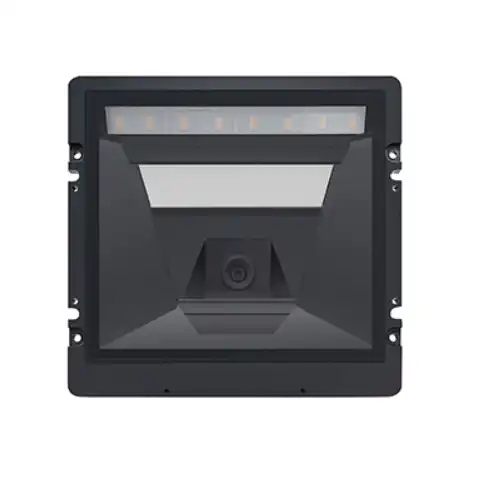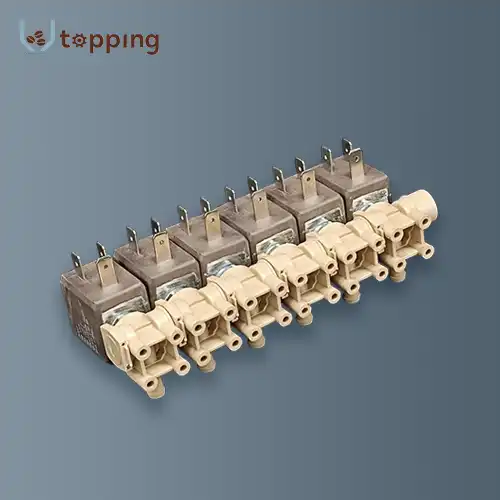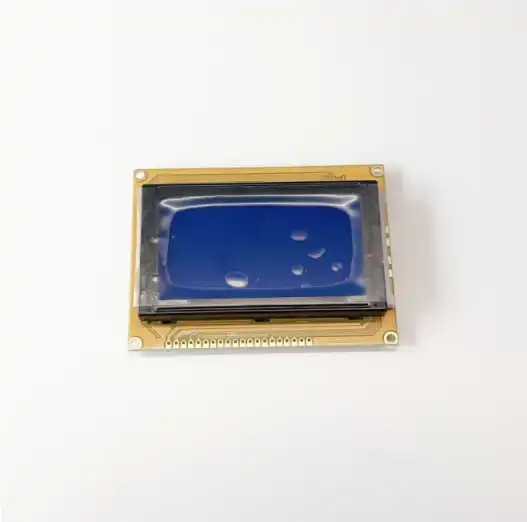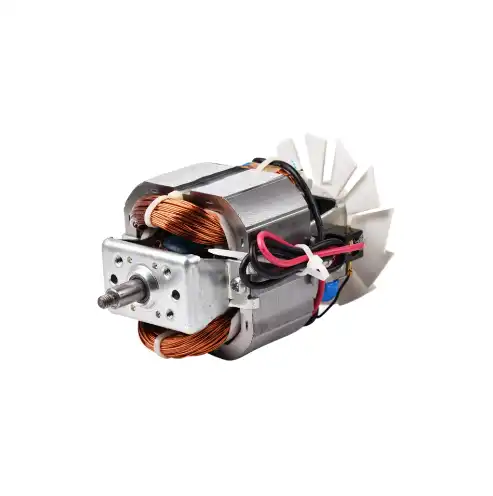Are There Eco-Friendly Options for Coffee Vending Machine Spare Parts?
2024-07-10 15:54:18
Introduction
Coffee vending machines have become integral to modern workplaces, public spaces, and hospitality venues, offering convenient access to quality coffee. However, concerns about their environmental impact have led to a growing demand for eco-friendly solutions, particularly in the realm of spare parts. This blog examines the concept of eco-friendly coffee vending machine spare parts, exploring their benefits, materials used, and their role in promoting sustainability within the industry.
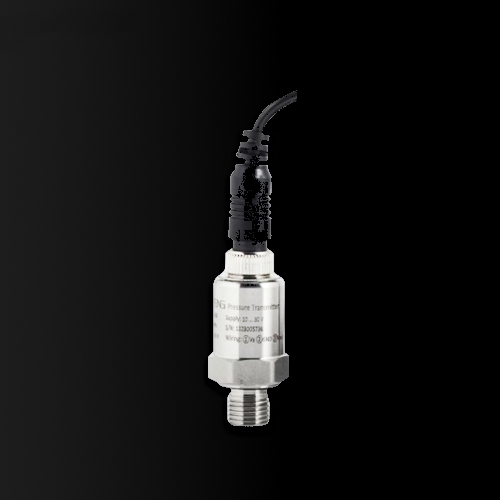
What Makes Coffee Vending Machine Spare Parts Eco-Friendly?
Understanding the eco-friendliness of coffee vending machine spare parts involves considering their environmental impact throughout their lifecycle. Eco-friendly spare parts for coffee vending machines are designed with sustainability in mind. Unlike traditional parts that may use non-recyclable materials or contribute to excessive waste, eco-friendly parts are characterized by their environmentally responsible attributes.
Energy Efficiency: The research emphasizes that energy-efficient spare parts help reduce overall energy consumption during machine operation. Components like LED displays, efficient motors, and low-power heating elements contribute to lower carbon footprints by conserving electricity.
Recyclable Materials: Using recyclable materials in manufacturing spare parts supports sustainability efforts. Components made from recyclable plastics, metals, and other materials can be repurposed at the end of their life, reducing landfill waste.
Longevity and Durability: Durable spare parts contribute to eco-friendliness by extending the lifespan of coffee vending machines. Parts designed to withstand wear and tear reduce the frequency of replacements, thereby conserving resources and reducing overall waste.
Reduced Chemical Emissions: Eco-friendly spare parts are often manufactured using processes that minimize harmful emissions and pollutants. This includes adherence to environmental standards in manufacturing facilities, reducing the ecological impact of production.
Water Efficiency: Water-efficient components, such as optimized water pumps and dispensing systems, help conserve water resources during beverage preparation. Minimizing water waste supports sustainable practices in coffee vending operations.
Biodegradable Packaging: Eco-friendly spare parts may come packaged in biodegradable or recyclable materials. Choosing environmentally responsible packaging reduces the carbon footprint associated with packaging disposal.
Compliance with Environmental Standards: Eco-friendly spare parts often meet stringent environmental regulations and certifications. Compliance ensures that manufacturing processes and materials used meet eco-conscious criteria, promoting responsible consumption.
Energy-Saving Features: Spare parts with energy-saving features, such as automatic shut-off mechanisms or standby power reduction, contribute to overall energy efficiency. These features help conserve electricity when machines are not in active use.
Repairability and Upgradability: Spare parts designed for easy repair and upgradability extend the lifespan of coffee vending machines. Repairable components reduce the need for full replacements, minimizing waste and resource consumption.
Life Cycle Assessment: The research suggests that conducting life cycle assessments (LCAs) of spare parts helps evaluate their environmental impact comprehensively. Assessments consider factors from raw material extraction to disposal, guiding manufacturers towards more sustainable practices.
In conclusion, eco-friendly coffee vending machine spare parts contribute to environmental sustainability through energy efficiency, use of recyclable materials, durability, and adherence to environmental standards. By prioritizing these factors in spare part selection and manufacturing, operators can reduce their ecological footprint while maintaining operational efficiency in coffee vending services.
How Do Eco-Friendly Spare Parts Contribute to Sustainability?
The adoption of eco-friendly spare parts in coffee vending machines offers several environmental benefits that contribute to overall sustainability:
Reduced Waste: Eco-friendly parts often have longer lifespans and are recyclable, reducing the volume of waste generated from discarded components.
Lower Carbon Footprint: Energy-efficient components decrease the machine's overall energy consumption, leading to lower greenhouse gas emissions during operation.
Resource Conservation: Use of sustainable materials conserves natural resources and reduces reliance on non-renewable materials in manufacturing processes.
These cumulative benefits not only align with environmental regulations and corporate sustainability goals but also enhance the reputation of businesses as responsible stewards of the environment.
What Are Popular Eco-Friendly Materials Used in Coffee Vending Machine Spare Parts?
Identifying eco-friendly materials used in coffee vending machine spare parts involves considering sustainable options that minimize environmental impact. Manufacturers increasingly employ innovative materials and technologies to enhance product performance while minimizing environmental impact.
Recycled Plastics: Spare parts made from recycled plastics are increasingly popular. These plastics are derived from post-consumer or post-industrial waste, reducing the demand for virgin plastic and diverting waste from landfills.
Stainless Steel: Stainless steel is a durable and recyclable material commonly used in vending machine components. Its longevity and ability to be recycled at the end of its life make it a sustainable choice for parts like panels, frames, and structural components.
Aluminum: Aluminum as another eco-friendly material used in vending machine spare parts. Aluminum is lightweight, corrosion-resistant, and highly recyclable, making it suitable for components such as extrusions, brackets, and trim pieces.
Biodegradable Plastics: The research discusses the use of biodegradable plastics in eco-friendly spare parts. These plastics break down naturally over time, reducing environmental impact compared to traditional plastics that persist in landfills.
Glass: The research mentions glass as a sustainable material choice for certain vending machine parts, such as display panels or containers. Glass is recyclable and does not degrade in quality when recycled, making it a preferred option for environmentally conscious manufacturers.
Bamboo: Bamboo is gaining popularity as a renewable material used in eco-friendly spare parts. It grows quickly, requires minimal resources to cultivate, and has applications in components like handles, buttons, and decorative elements.
Bio-based Polymers: The research discusses bio-based polymers derived from renewable resources like plant-based sugars or starches. These polymers offer similar properties to traditional plastics but have a lower environmental impact due to their renewable sourcing.
Natural Fibers: Natural fibers such as hemp or flax being used in composite materials for vending machine parts. These fibers provide strength and durability while reducing the reliance on synthetic materials derived from fossil fuels.
Cork: Vending Times highlights cork as a sustainable material used in vending machine spare parts. Cork is harvested from the bark of cork oak trees without harming the tree, making it a renewable resource suitable for insulation and gasket applications.
Water-based Adhesives and Coatings: The research notes the use of water-based adhesives and coatings in eco-friendly spare parts. These alternatives to solvent-based products reduce emissions and environmental impact during manufacturing and application.
In summary, manufacturers are increasingly turning to recycled materials, renewable resources, and sustainable manufacturing practices to produce eco-friendly coffee vending machine parts. By prioritizing these materials, companies can reduce their carbon footprint and contribute to environmental sustainability in the vending industry.
Conclusion
In conclusion, the availability of eco-friendly options for coffee vending machine spare parts presents a promising opportunity to reduce environmental impact while maintaining operational efficiency. By investing in sustainable materials and technologies, operators can contribute to resource conservation, waste reduction, and energy efficiency within the coffee vending industry. As consumer demand for environmentally responsible practices grows, embracing eco-friendly spare parts not only aligns with regulatory requirements but also enhances brand reputation and customer loyalty.
References
1. Sustainable Coffee Vending Solutions, GreenBiz
2. Eco-Friendly Materials in Equipment Manufacturing, Environmental Leader
3. Corporate Sustainability Practices in Vending Industries, Sustainable Brands
Send Inquiry
Related Industry Knowledge
- Are There Eco-Friendly Options for Coffee Vending Machine Spare Parts?
- Advantage of vending machine touch screen in business
- How much of a difference does a coffee grinder make?
- Do I need a grinder for an espresso machine?
- How Does a Vending Machine Cup Dispenser Work?
- Can I grind coffee beans without a grinder?
- How Does Coffee Vending Machine Ingredient Canisters Design Affect Coffee Flavor?
- What safety standards and regulations need to be followed when designing vending machine circuit boards?
- Coffee Vending Machine Mixing Systems Components
- What Factors Influence the Selection of Mixing Systems for Vending Machines?

.webp)
